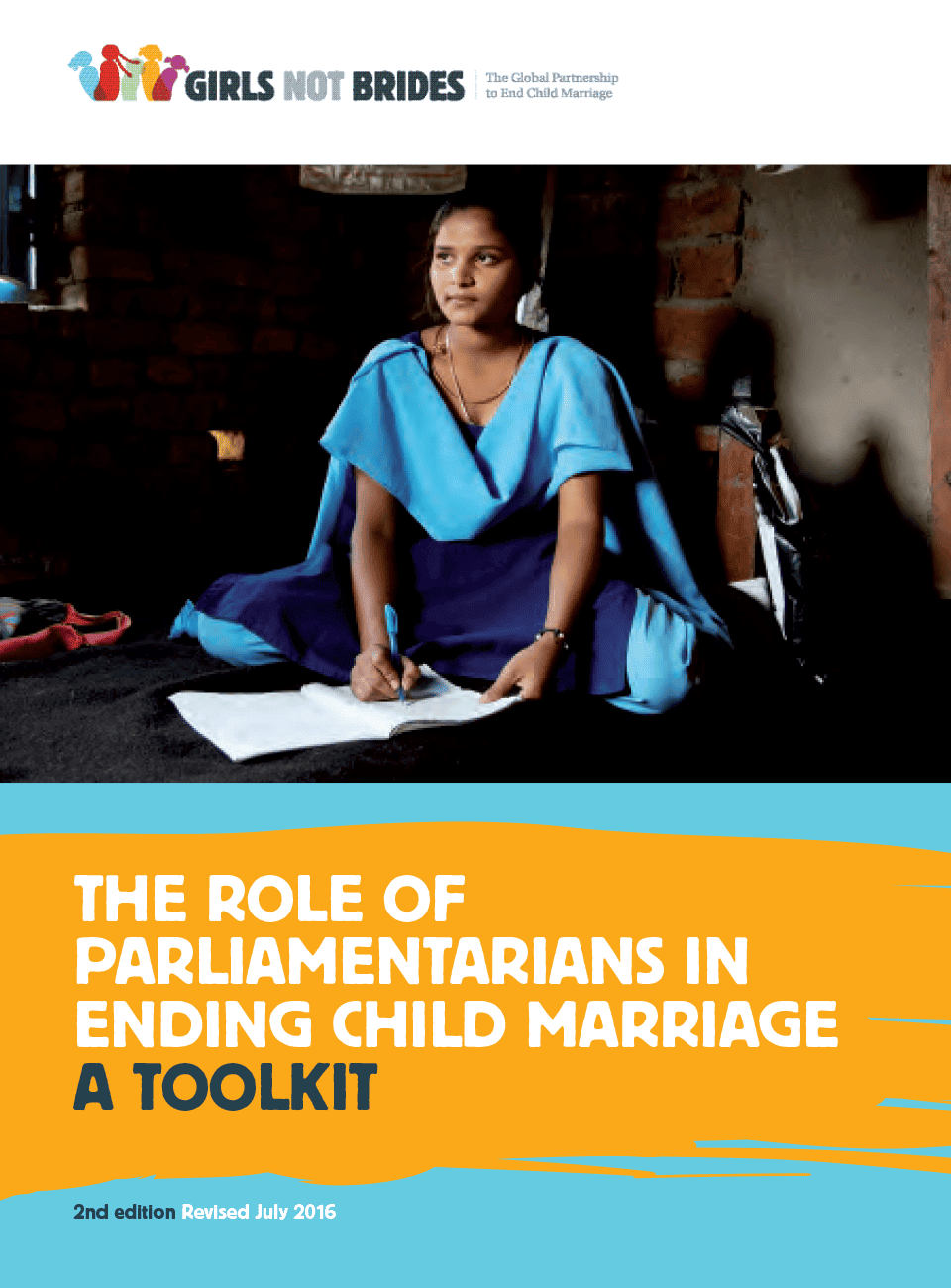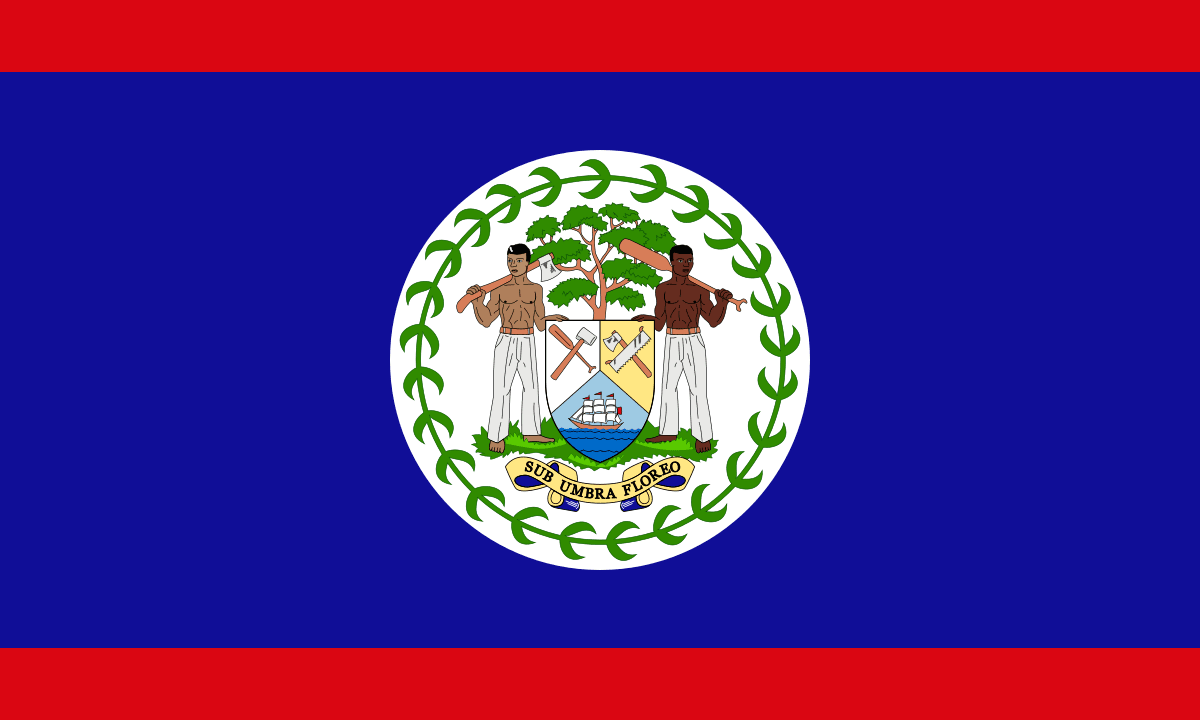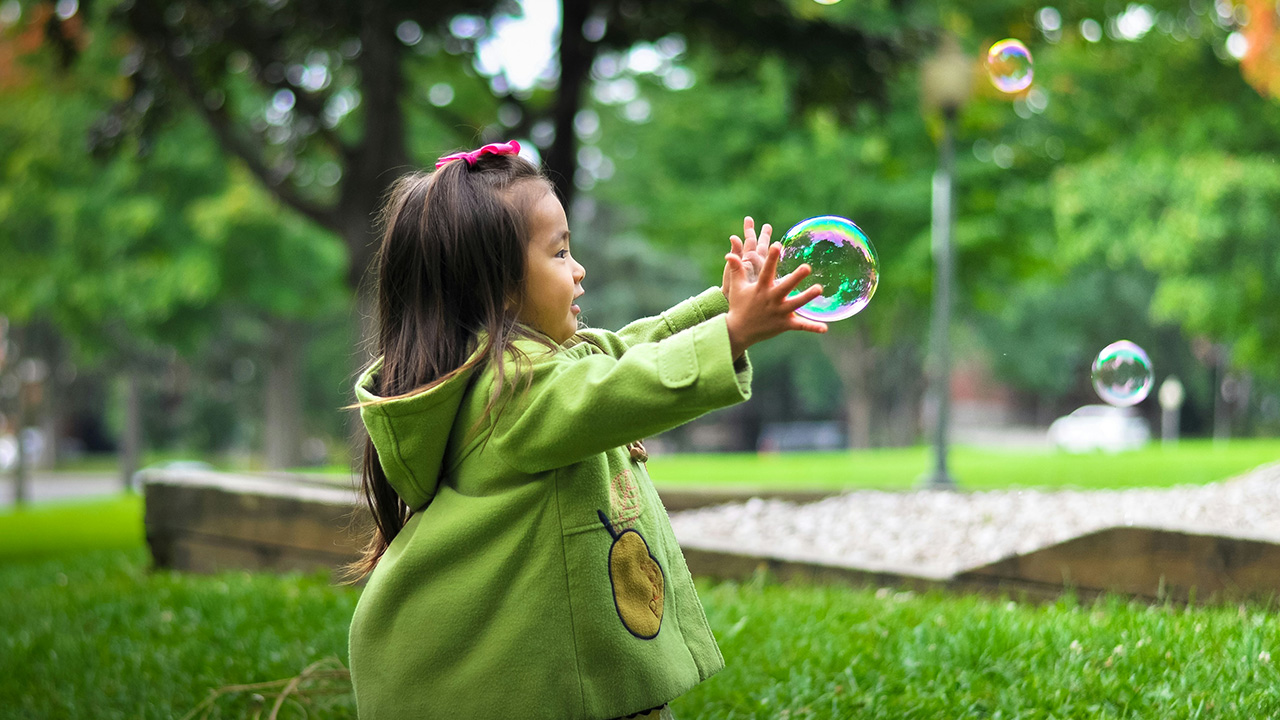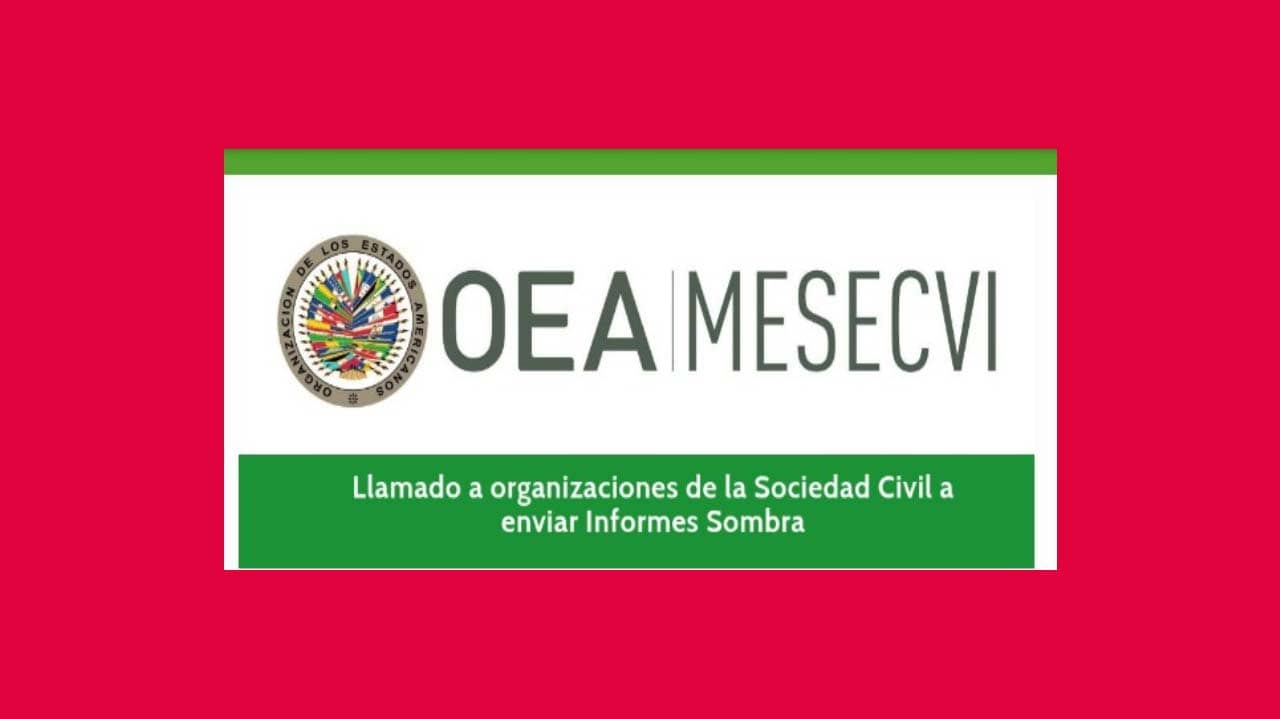We are delighted to share Girls Not Brides’ newly revised toolkit The Role of Parliamentarians in Ending Child Marriage. This revised version, collaboratively prepared with PGA, incorporates and reflects governments’ global commitments to the Sustainable Development Goals and target 5.3 to end child marriage by 2030, among other areas.
Publication

The Role of Parliamentarians in Ending Child Marriage
A toolkit that supports the role of parliamentarians in ending early and forced child marriage.
Description
When a young girl becomes a bride, the consequences are lifelong – for the girl, for her children and for her nation. Every year some 15 million girls around the world are married as children. Over 700 million women alive today were married or entered into union before their 18th birthday. Child marriage cuts across countries, cultures, religions and ethnicities. If there is no reduction in the near future, the total number of women married as children will grow to 1.2 billion by 2050.
Child marriage is rooted in gender inequality and in the low value accorded to girls, and is exacerbated by poverty, insecurity and conflict. It denies girls their rights and undermines numerous development priorities. Ending child marriage will require long-term, sustainable action across many different sectors. A robust legal and policy framework for preventing child marriage and supporting married girls should be the cornerstone of government efforts to address the practice.
Parliamentarians are uniquely positioned to shape, advance and implement such a framework, within their countries and beyond. They can lead the development of relevant legislation and policies, set the political agenda as opinion leaders on ending child marriage, pass budgets, monitor implementation, and ensure accountability for both national and international commitments, including government accountability to target 5.3 of the Sustainable Development Goals to end child marriage by 2030. They can guarantee the voices of citizens are heard, particularly the voice of the girl child, in order to mobilise political will and commitment to end child marriage.
Yet, parliamentarians are often overlooked as a group who can make change happen. This toolkit aims to provide concrete examples and recommendations on how interested parliamentarians can take action. It also promotes collaboration with vibrant civil society organisations working on the issue. We encourage you to join the global movement to end child marriage and trust this revised toolkit will help you take action. We believe that by establishing a fruitful and long-term partnership with committed parliamentarians, we can work together towards a world where girls and women enjoy equal status with boys and men.
We wish you every success in your endeavours to end child marriage and to realise the rights of every girl.
PDF(s)
Additional Details
- Publication Type: Toolkit
- Publication Date: July 2016
- Author(s): Girls Not Brides / input provided by PGA
In the toolkit, you will find:
- An overview of child marriage, including its global prevalence, causes and impact
- Existing international legal instruments that prohibit child, early and forced marriage
- Concrete examples and recommendations on how you can take action, not only in parliament but in your constituencies and internationally
- A case study from Zimbabwe shared by Ms. Jessie Majome, MP and Chair of PGA’s National Group. You can also read from Ms. Fazilatun Nasa Babby, MP from Bangladesh, and Ms. Khadija Yamlahi, MP from Morocco.
Your work towards ending child marriage does not only entail ensuring the minimum legal age of marriage in your country is 18 years old for both girls and boys, but becoming a champion for a broader set of laws and policies to protect girls at risk of child marriage, support married girls and ensure they fulfill their potential. With the adoption of the Sustainable Development Goals (SDGs), governments around the world have committed to ending “all harmful practices, such as child, early and forced marriage” by 2030. Now more than ever, parliamentarians can work to make sure this target becomes a reality.
Actions you can take:
- Call for the adoption, strengthening and implementation of laws and policies on child marriage
- Support the implementation of the SDG target 5.3 to end child marriage by 2030
- Budget for ending child marriage
- Be accountable and demand accountability for national, regional and international commitments
- Collaborate with others including civil society, and be opinion leaders
- Sign on to PGA’s Parliamentary Declaration to End Child, Early and Forced Marriage – if you have not done so yet - by replying to this email with your name, country and email address. You can consult the Declaration here.






